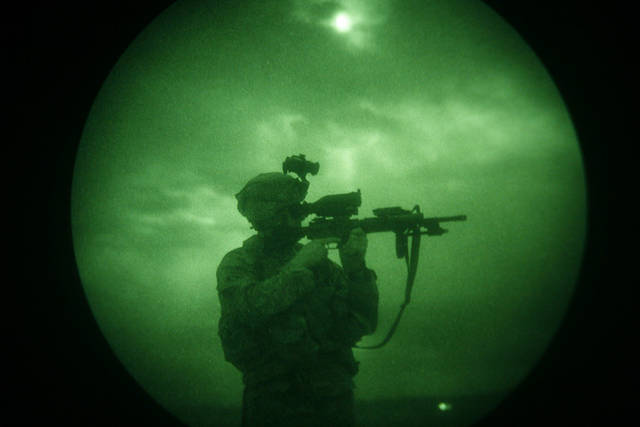Twenty veterans die by suicide each day. Additionally, up to 20% of veterans who served in Operation Iraqi Freedom and Operation Enduring Freedom suffer from post-traumatic stress disorder (PTSD) or major depression.
As our nation recognizes PTSD Awareness Month in June, it is important that we draw attention to these troubling statistics and the mental health crisis plaguing our nation’s service members. These are Americans who have defended our freedoms here and throughout the world, and as a veteran of the Iraq War, I am alarmed by the state of our veterans’ mental health.
PTSD is not a recent phenomenon. During World War I, more than 115,000 U.S. soldiers died in the trenches and battlefields of Western Europe. Many of those who returned brought home the horrors witnessed during the Great War. A medical officer at the time described patients as suffering from “shell shock”; however, we now know that these veterans suffered from a mental health condition triggered by the terrifying events of war called PTSD.
Since that time, our country has made advances in treating PTSD and mental illness among our nation’s veterans. Last year, the Trump administration increased U.S. Department of Veterans Affairs (VA) funding to the historic level of $85.3 billion. This included robust funding for mental health services, suicide prevention, traumatic brain injury treatment, opioid abuse prevention and rural veterans’ health initiatives.
But we must do more. That is why, as co-chair of the bipartisan Military Mental Health Taskforce, I introduced the Veterans Posttraumatic Growth Act. This legislation, which I wrote with my fellow co-chair, Rep. Tim Ryan of Ohio, requires the VA to conduct a pilot study of nonprofit organizations that utilize nontraditional methods for treating PTSD, such as team building and other exercises. In Southwestern Pennsylvania, organizations such as Semper Fi Odyssey in Somerset County successfully integrate veterans back into public life through retreat sessions utilizing holistic approaches to mental health care.
In addition, I am spearheading bipartisan, bicameral legislation aimed at helping address the mental health needs of Pennsylvania National Guardsmen and military reservists. The Care and Readiness Enhancement (CARE) for Reservists Act allows members of the Guard and Reserve branches to obtain access to VA health centers for counseling and mental health screening, employment assessments, education training and other critical services relating to mental health.
Our country has sent generations of heroes to defend our freedoms around the globe. It is essential that we take care of those who took care of us.








